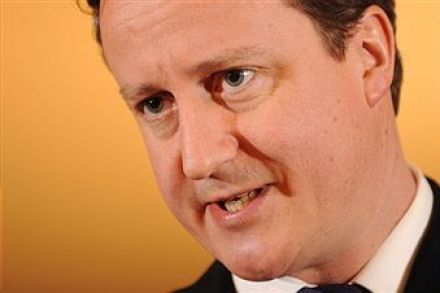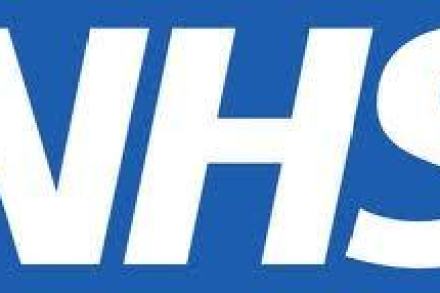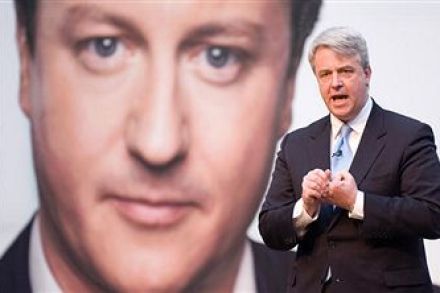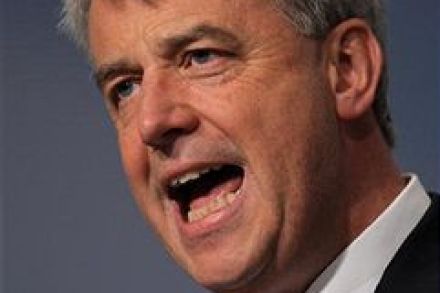Tobacco and the Laffer Curve
Lefties like to think the Laffer Curve never applies; righties are too fond of thinking it must apply to any tax in almost any circumstances. Both views are mistaken. Cutting tax does not always increase revenue, but sometimes it can. As this excellent piece by Donna Edmunds observes, at least 80% of the £6.63 it costs to purchase a packet of smokes goes to the Treasury. At that level of taxation there is no shame in seeking ways to circumvent the Treasury. No wonder at least 10% and perhaps as many as 20% of all cigarettes bought in Britain (and perhaps 50% of rolling tobacco) is contraband, smuggled from abroad.


















